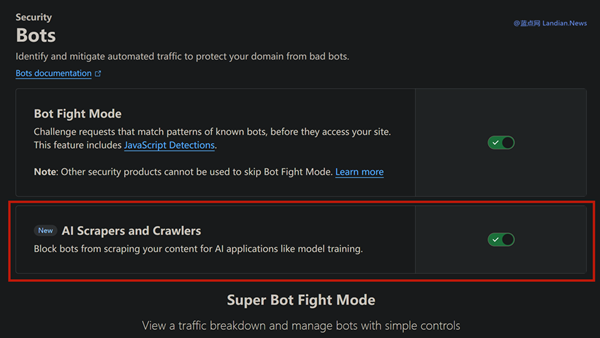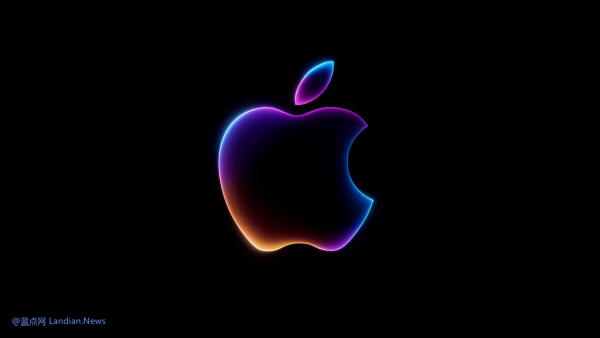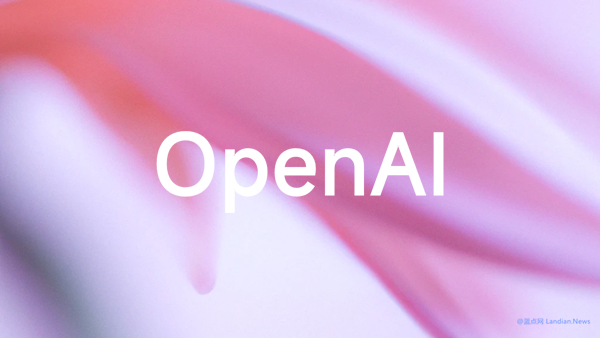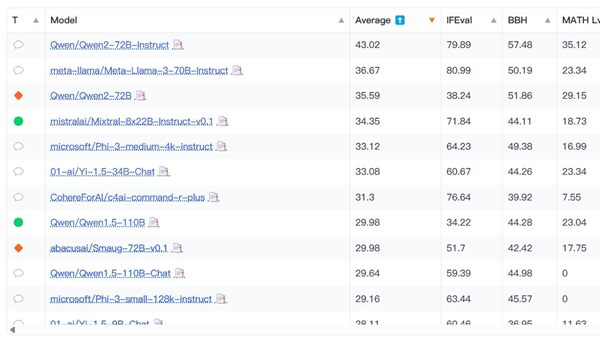Tech Titans Under Fire: DOJ and FTC Launch Joint Investigation into AI Monopoly
U.S. federal regulatory bodies are raising alarms over the potential monopolistic dominance of Microsoft, OpenAI, and NVIDIA in the artificial intelligence (AI) industry. After discussions, the Department of Justice (DOJ) and the Federal Trade Commission (FTC) have reached an agreement to initiate a joint antitrust investigation into these three companies.
Sources familiar with the matter disclosed that the two U.S. federal agencies concluded their agreement on Monday this week, with plans to announce this development publicly in the coming days.
Under the terms of the agreement, the DOJ will lead the investigation into NVIDIA, which is primarily responsible for manufacturing AI chips, to determine if the company has violated U.S. antitrust laws.
On the other hand, the FTC will focus its investigation on OpenAI and its largest investor, Microsoft. The specific directions of these investigations are yet to be clarified.
The AI industry has seen rapid development over the past two years, propelling research into AI technology worldwide. Leading U.S. tech companies, including Microsoft, NVIDIA, Google, Meta, and OpenAI, are at the forefront of AI technology, releasing various AI advancements without any regulatory oversight.
Particularly noteworthy are the transactions between these companies, especially NVIDIA's role as a major chip manufacturer and whether its actions constitute monopolistic behavior. Microsoft's investment in, and virtual control of, OpenAI has also drawn scrutiny from regulatory bodies.
Additionally, another AI startup, Anthropic, has recently received support from Amazon and Google. The FTC has already begun investigating these investments in January of this year to ensure they do not negatively affect the healthy development of the AI industry.
The main concern of these regulatory bodies is that large tech companies could strengthen their industry control by using their existing capital and market share to invest in or acquire AI companies, or by monopolizing chip production. Such actions could be detrimental to competition within the AI industry, particularly disadvantaging new AI startups.
Regulators aim to identify and address potential issues at an early stage, rather than investigating years later when problems may have become entrenched.
A recent case in point is Meta (formerly Facebook), which acquired competitors Instagram and WhatsApp, leading to its dominance in the social media industry. The FTC is now investigating these acquisitions to identify any regulatory violations at the time of purchase, signifying a proactive approach to maintaining competitive fairness in the tech industry.










